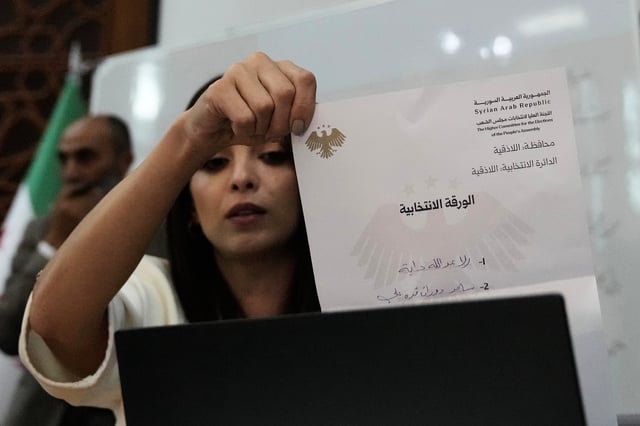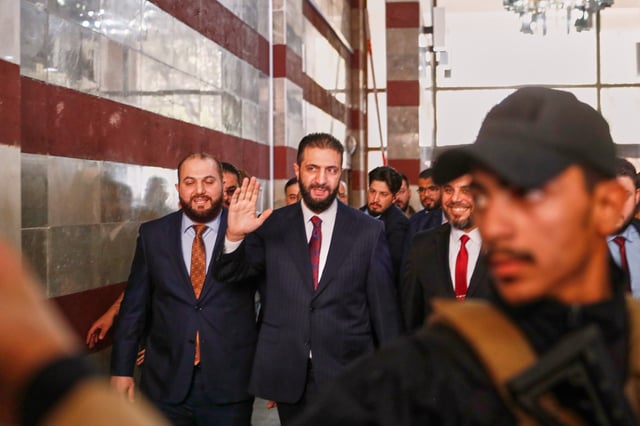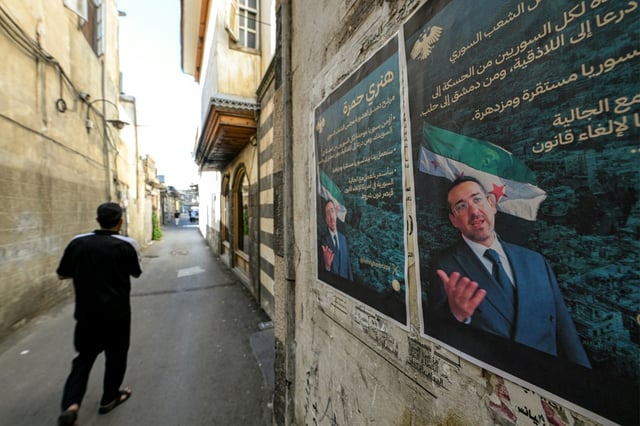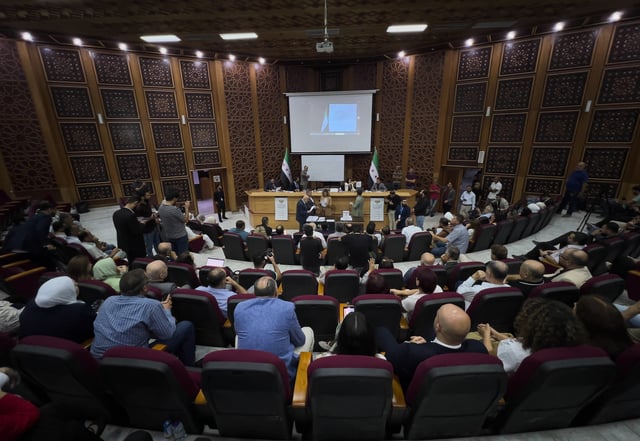Overview
- Roughly 6,000 electors voted Sunday to fill about two‑thirds of the 210 seats, with final names expected from authorities on Monday or Tuesday after counts and appeals.
- Interim President Ahmed al‑Sharaa will directly appoint 70 deputies, while about 32 seats tied to Sweida and Kurdish‑held northeastern districts remain vacant due to postponed voting.
- Organisers cleared more than 1,500 candidates to stand as independents after party dissolutions, with about 14% women and muted public campaigning reported in major cities.
- Authorities say a nationwide popular vote is not feasible because displacement and lost documentation prevent accurate voter rolls, a rationale rejected by rights groups and NGOs.
- The transitional People’s Assembly will serve a renewable 30‑month term to pass legislation and prepare a new elections law and constitution as security forces maintained tight polling‑site controls.



